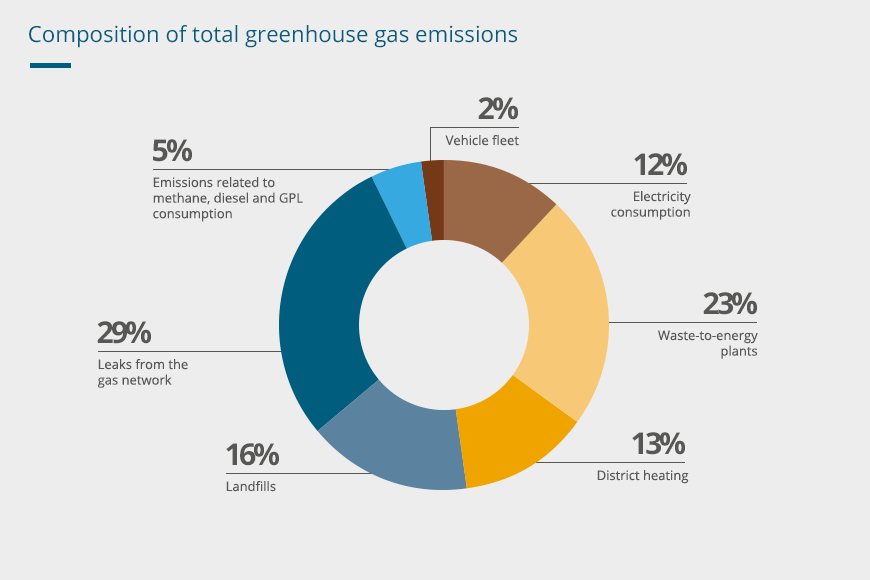The impacts of climate change have begun
Climate Change is the defining issue of our time and we are at a defining moment. From shifting weather patterns that threaten food production, to rising sea levels that increase the risk of catastrophic flooding, the impacts of climate change are global in scope and unprecedented in scale.
Without drastic action today, adapting to these impacts in the future will be more difficult and costly.
The Human Fingerprint on Greenhouse Gases
Greenhouse gases occur naturally and are essential to the survival of humans and millions of other living things, by keeping some of the sun’s warmth from reflecting back into space and making Earth livable. But after more than a century and a half of industrialization, deforestation, and large scale agriculture, quantities of greenhouse gases in the atmosphere have risen to record levels not seen in three million years. As populations, economies and standards of living grow, so does the cumulative level of greenhouse gas (GHGs) emissions. There are some basic well-established scientific links:
Global warming
The concentration of GHGs in the earth’s atmosphere is directly linked to the average global temperature on Earth
Rising temperature
The concentration has been rising steadily, and mean global temperatures along with it, since the time of the Industrial Revolution
CO2
The most abundant GHG, accounting for about two-thirds of GHGs, carbon dioxide (CO2), is largely the product of burning fossil fuels
The UN Intergovernmental Panel on Climate Change (IPCC)
The Intergovernmental Panel on Climate Change (IPCC) was set up by the World Meteorological Organization (WMO) and United Nations Environment to provide an objective source of scientific information. In 2013 the IPCC provided more clarity about the role of human activities in climate change when it released its Fifth Assessment Report.

The report provides a comprehensive assessment of sea level rise, and its causes, over the past few decades. It also estimates cumulative CO 2 emissions since pre-industrial times and provides a CO 2 budget for future emissions to limit warming to less than 2°C. About half of this maximum amount was already emitted by 2011.
There is alarming evidence that important tipping points, leading to irreversible changes in major ecosystems and the planetary climate system, may already have been reached or passed. Ecosystems as diverse as the Amazon rainforest and the Arctic tundra, may be approaching thresholds of dramatic change through warming and drying. Mountain glaciers are in alarming retreat and the downstream effects of reduced water supply in the driest months will have repercussions that transcend generations.
Global Warming of 1.5°C
In October 2018 the IPCC issued a special report on the impacts of global warming of 1.5°C, finding that limiting global warming to 1.5°C would require rapid, far-reaching and unprecedented changes in all aspects of society.

